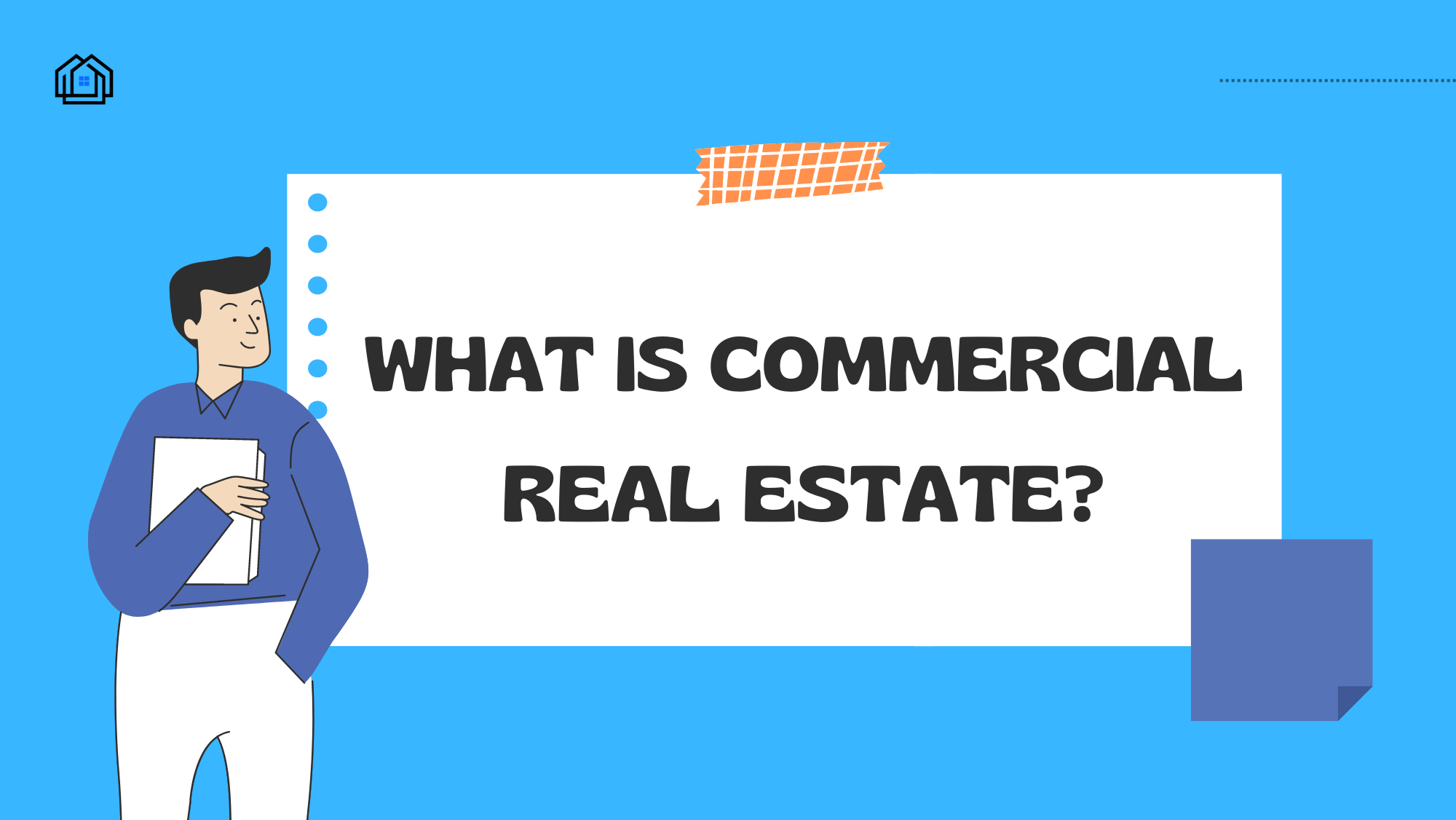The real estate industry in Kenya has for a while now been creating a buzz. This has made many investors rush in so as to make quick profits. While many investors have purchased lands and homes that lie idle, others have focused on commercial real estate which is very profitable.
What’s commercial real estate?
Commercial real estate is simply defined as using property, or properties, to generate income. It can be retail shops, office space, industrial buildings, that have been leased or even rented out for business purposes only, rather than as living spaces.
What’s the difference between commercial and residential real estate?
Commercial real estate is renting or leasing out buildings and land so as to generate profits through rental income or lease rate.
This type of real estate investment included renting out or leasing out:
- Office buildings
- Hotels and restaurants
- Shopping malls
- Retail shops
It can also include leasing out or renting out:
- Land or plots
- Farms such as ranches and plantations
- Storage facilities that include warehouses
- Garages, and basically any large industrial property.
On the other hand, residential real estate is developing land by building houses or homes for people to live in. These houses can be:
- Single family homes
- Townhouses
- Condominiums
- Mansions
- Villas, and
- Duplexes
The houses also include bedsitters, single rooms, or double rooms.
These houses are advertised and managed by real estate agents that collect rent on behalf of the owner. On the other hand, value added projects are under the real estate companies. The companies are in charge of identifying, buying, building, and selling the property to make a profit. This type of real estate is lucrative especially now that most Kenyans are conscious of the importance of owning a piece of land or a home.
How do investors make money in commercial real estate?
The types of commercial real estate options available in Kenya for investors include the following;
1. Through REITs
Because investing directly in commercial real estate is both expensive and risky, investors are choosing a simpler option. This involves buying real estate investment trust of banks or real estate firms that have directly invested in commercial real estate. Whenever these companies make a profit, they earn dividends.
2. Leasing property
Leasing out property guarantees you, the lessor, regular income for a period of time. The lessee pays up as specified in the contract. This means that you will know for how may years the lessee will be on the property, helping you plan your financial affairs accordingly.
3. Buying and selling land
Since land sells like hot cake in Kenya, investors are reaping big. While some are forming real estate companies to bank in on the windfall, others are going it alone.
Buying land at the current market rate, holding it before selling, leaves a large amount of profit in the investor’s account.
4. Purchasing and selling commercial buildings
Investors who have the resources have noticed that most buildings lack buildings because of the time period they were built. They may be dilapidated or rundown.
Buying and renovating such buildings before reselling as a viable business option. This is mostly the case in major towns and cities.
5. Building and selling homes
With many Kenyans still holding onto dreams of one day owning homes, this option has potential to earn investors money.
What’s more, most middle-income families are looking for ready-made homes because of their busy schedules. If you do your market research well, you can tap into this option and make quick profits.
6. Providing brokerage services
This is one option in the commercial real estate that might be easily overlooked. A broker, who can as well be a real estate agent, acts as a link between the seller of commercial property and a buyer. This way, the person is able to get his cut as soon as the transaction is completed.
7. Constructing students’ hostels
With so many colleges and universities students looking for places of residence, investors are putting their money in building students’ accommodation facilities.
If you ignore the risks such as long holidays, or even strikes, the long term income from this project is high and guaranteed. However, a flooded market can mean reduced profits. And if you don’t build with the future in mind, the property can remain unoccupied for long.
8. Renting or leasing storage facilities
Factories and companies are being opened frequently because of the ideal business environment in the country. However, the shortage of storage facilities and warehouses is a constant headache.
This means that investing in building warehouses that specifically target these companies can mean a high return on investment in a short time.
Pros of commercial real estate
- Leases are longer, which guarantees financial security.
- Once property has been leased, tenants are responsible for the space they rented.
- They are very valuable because they are used for business purposes.
- Tenants take care of the building because it guarantees their daily bread.
- You don’t pay for business permits or licenses, as the tenant is responsible for that.
- Since you draw up the lease, you can make it favorable to you.
- You can invest in different commercial properties to ensure you are financially secure.
Cons of commercial real estate
- Raising capital to venture into commercial real estate isn’t easy.
- Increased vacancies of commercial buildings is a constant feature.
- You need an experienced lawyer to draw up a workable lease and rental agreement.
- As an investor, you have to be conversant with county and national law on real estate.
- It has huge risks that include bad location, and high vacancies due to unforeseen circumstances.
- Loans are much costlier as compared to residential real estate.
- There are too many legal constraints that may put off investors.
- Investors can easily lose money to corrupt officials and even conmen and women in the industry.
Investing in commercial real estate in Kenya is a viable option if you have capital and the know-how of the industry. This is because it’s high-risk and expensive, though lucrative.



